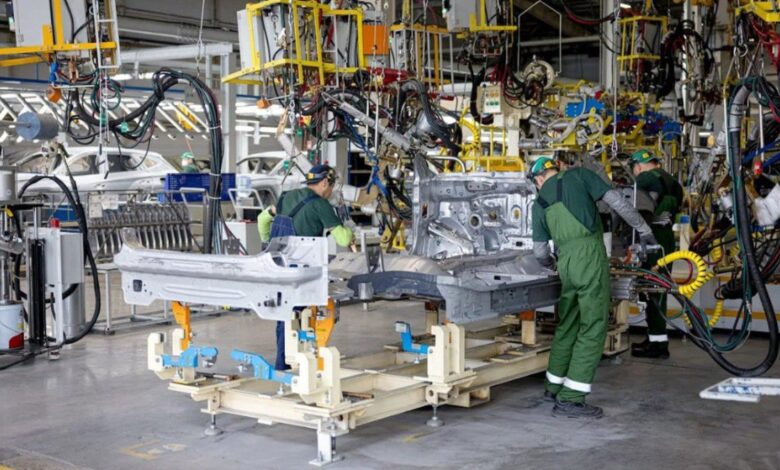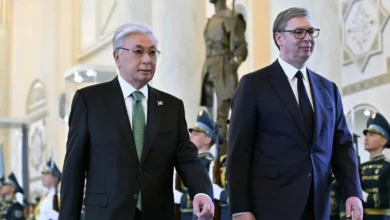
Kazakhstan produced 134,000 vehicles last year, according to the official Telegram channel of the Government (UKIMET).
The growth is being driven by a series of major industrial projects. Among them is the launch of the Astana Motors Manufacturing Kazakhstan plant in Almaty, which will produce vehicles under the Chery, Haval, and Changan brands. With an investment of 202 billion tenge, the plant aims to roll out up to 120,000 vehicles annually and create over 3,600 jobs. The project is expected to trigger the development of an entire auto parts supply chain.
Another major facility is under construction in Kostanay – the KIA Kazakhstan plant, which will have a production capacity of 70,000 vehicles per year. This 90 billion tenge investment will employ around 1,500 workers and further strengthen Kostanay’s position as a car manufacturing hub.
In addition to vehicle assembly, related industries are also advancing. A new factory, Almaty Autoparts Production, has started operations in the city’s industrial zone. It can produce up to 100,000 car seat sets annually, supplying Hyundai models and future carmakers in Kazakhstan.
The government is supporting the automotive sector through the formation of investment clusters. Of 17 key projects under the country’s industrial framework, 9 are overseen by the Ministry of Industry and Construction.
Kazakhstan’s focus on localization and attracting investment is ensuring sustainable growth. In 2023, the sector received 115 billion tenge in fixed capital investments. This figure more than doubled in 2024, reaching 282 billion tenge. In the first quarter of 2025 alone, 55 billion tenge in investment was attracted—up from 33 billion a year earlier.
According to the Comprehensive Development Plan for Mechanical Engineering (2024–2028), the industry is set to receive 1.4 trillion tenge from the national budget and 1.3 trillion from private sources.



